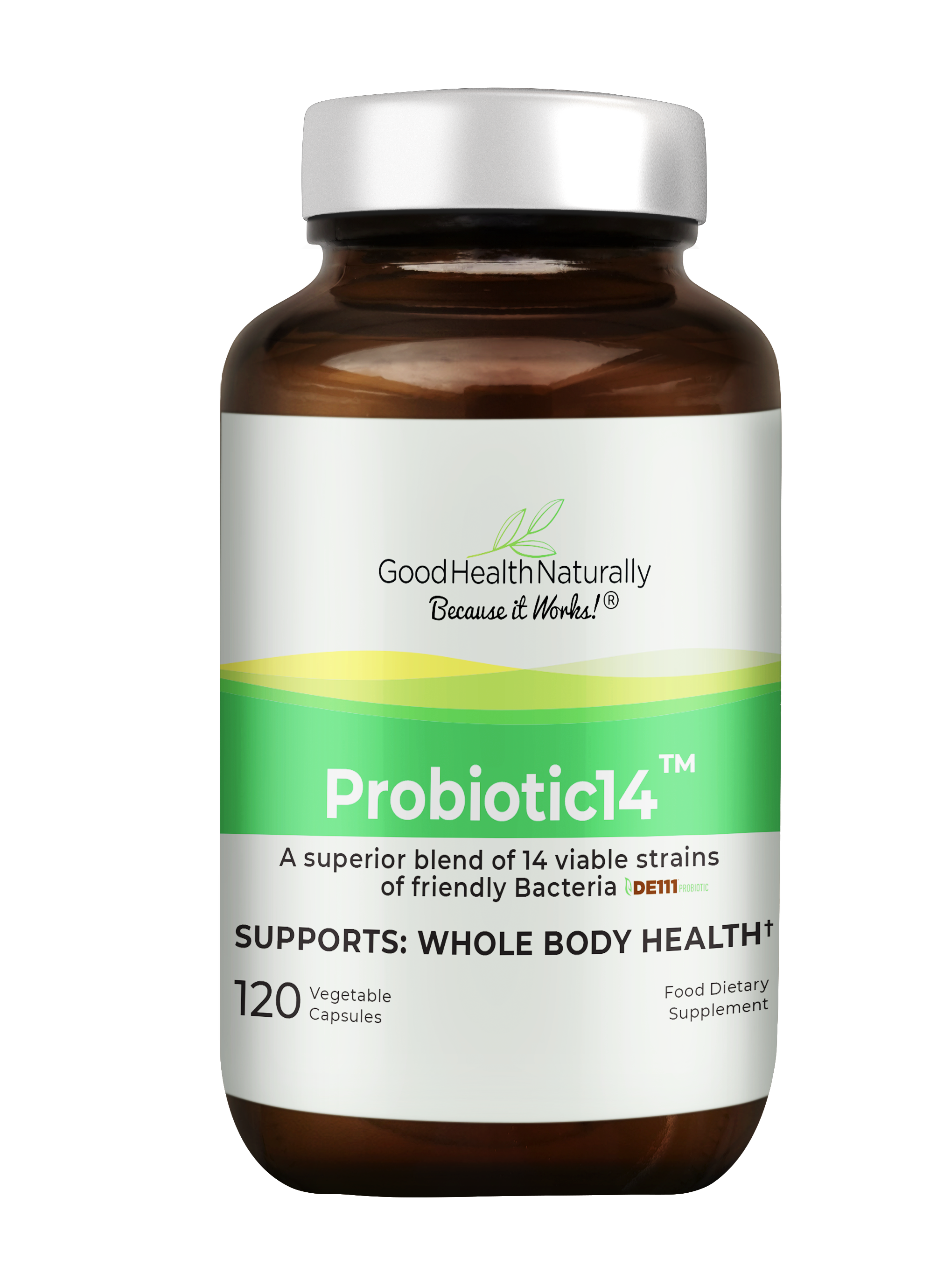Infants who are allergic to milk may benefit from taking a probiotic supplement according to recent findings published in the ISME Journal. [1]
The year-long study involved 19 infants aged from 1 to 12 months who were diagnosed with a cow’s milk allergy and still receiving cow’s milk protein (mostly from formula).
Researchers assigned the infants to receive either a milk protein formula containing the probiotic, Lactobacillus rhamnosus GG, or a milk protein formula without the probiotic. Samples were then taken of the infants stools at the beginning of the study and after 6 months. They also took stool samples from 20 healthy, cow’s milk formula-fed infants, comparing the gut bacteria of allergic and non-allergic babies.
Along with adjusting for body weight and age factors, the researchers found that:
- 42% of infants drinking the probiotic supplemented formula developed a tolerance for cow’s milk. While infants drinking the formula without the probiotic remained allergic
- When compared to healthy infants, milk allergic infants had lower levels of gut bacteria that produce butyrate – a fatty acid that keeps the large intestinal lining healthy
- After taking probiotics, infants who developed a tolerance for milk had more colonies of butyrate-producing bacteria than infants who didn’t develop this tolerance
Probiotic Health Benefits For Babies
This study shows the importance of healthy gut bacteria and the increasing evidence that probiotics play an essential role in supporting a healthy gut microbiome.
Your gut microbiome plays an important role in controlling digestion, along with your immune system.
For babies, probiotics will help them to build healthy bacteria in their GI tract, and so they can build a stronger immune system. By balancing out different types of bacteria in the body, this may help to decrease any symptoms of irritable bowel syndrome (IBS), along with helping diarrhea caused by infection or antibiotic use.
The Future of Probiotics
Probiotics are especially beneficial for areas such as allergies, and as knowledge about these specific strains and their health benefits improves, so too will specialist probiotics for treating these kind of conditions come into the light.
In the meantime, taking general probiotics together with some other probiotic-based foods such as kefir, sauerkraut or other naturally fermented foods can all be beneficial.
References:
[1] https://www.nature.com/articles/s41396-022-01270-3
Recommended Examples
Probiotic14™ – Contains a superior blend оf 14 vіаblе ѕtrаіnѕ оf frіеndlу bасtеrіа аnd 9 bіllіоn colony fоrmіng units. Contains fruсtооlіgоѕассhаrіdеѕ that саn іmрrоvе dіgеѕtіvе hеаlth. Suрроrtѕ dіgеѕtіvе hеаlth, аnd ѕtrеngthеnѕ thе іmmunе response. Avаіlаblе frоm Gооd Hеаlth Naturally.







